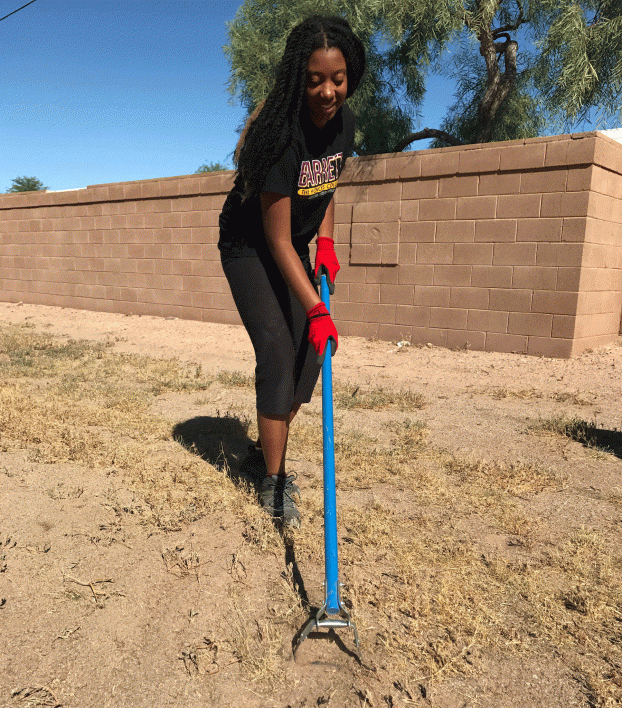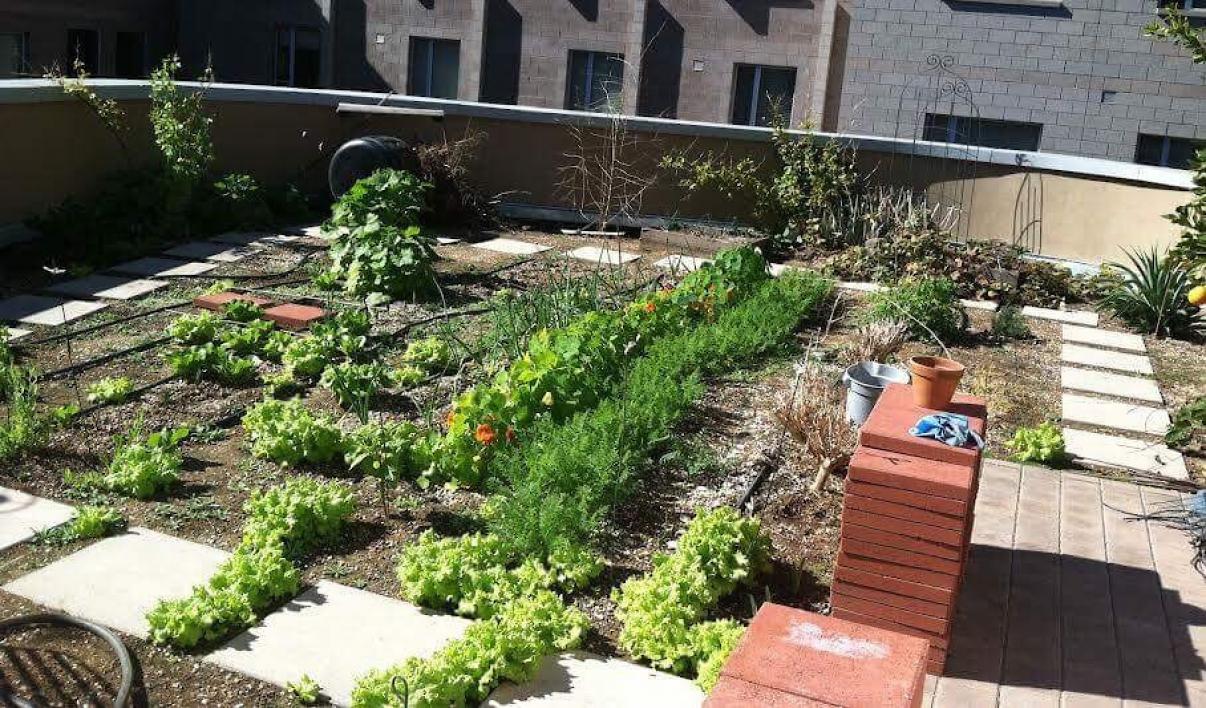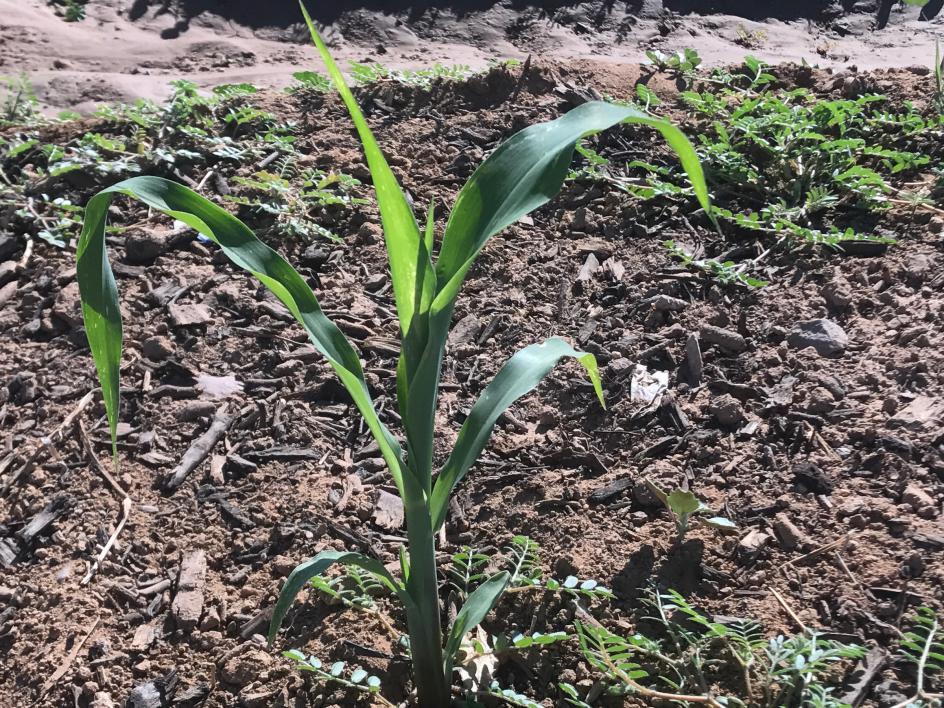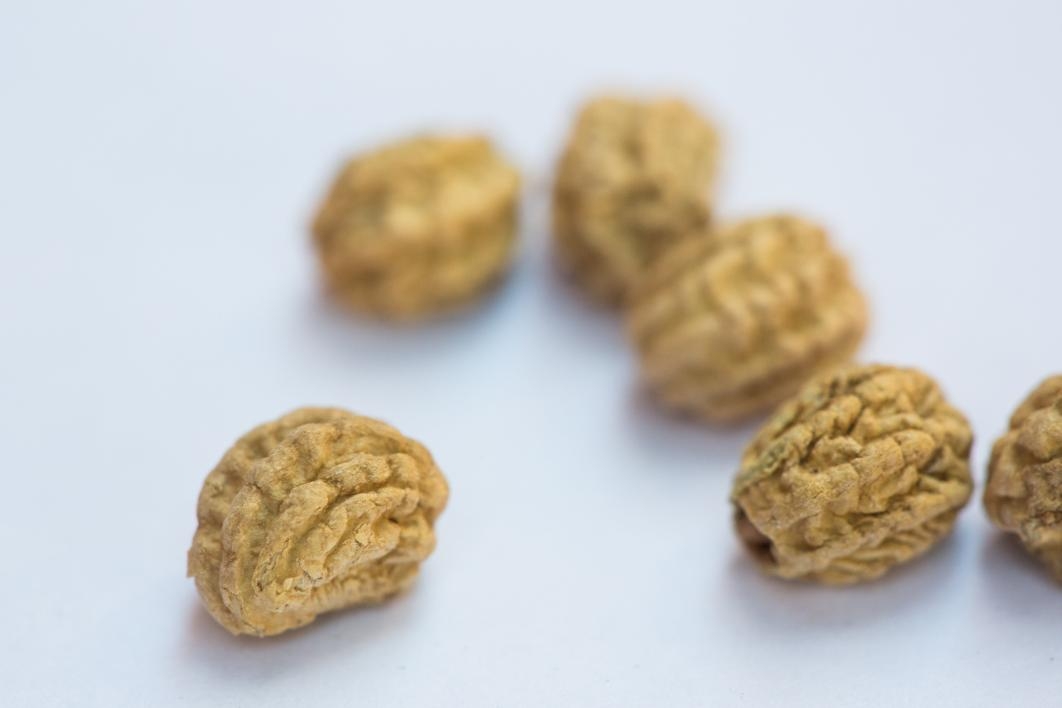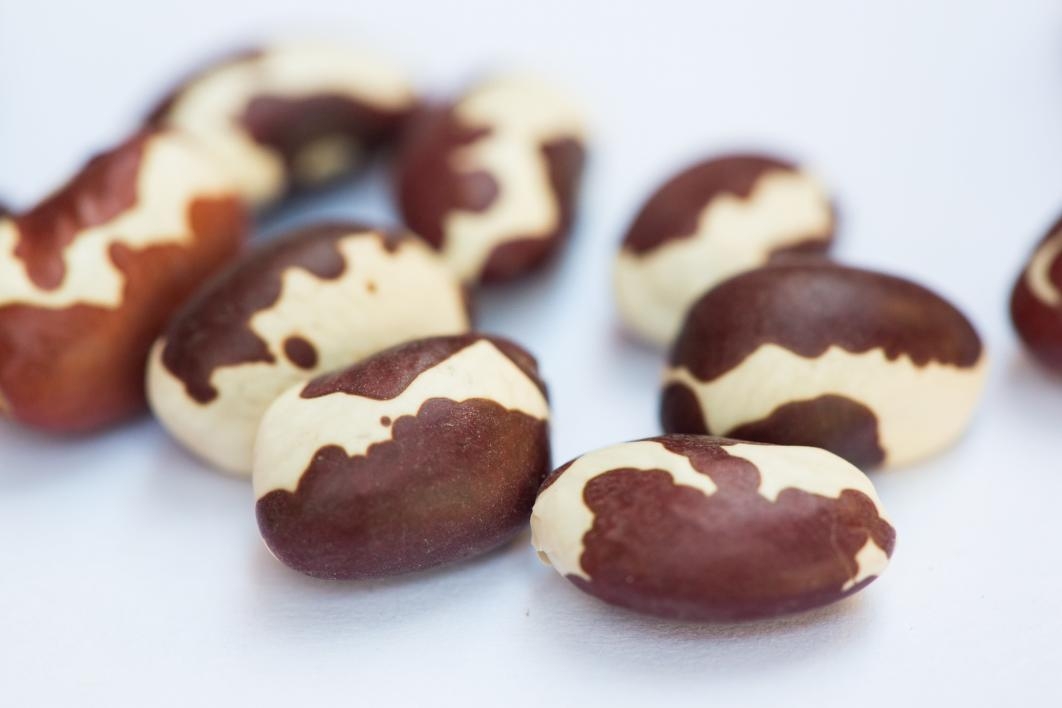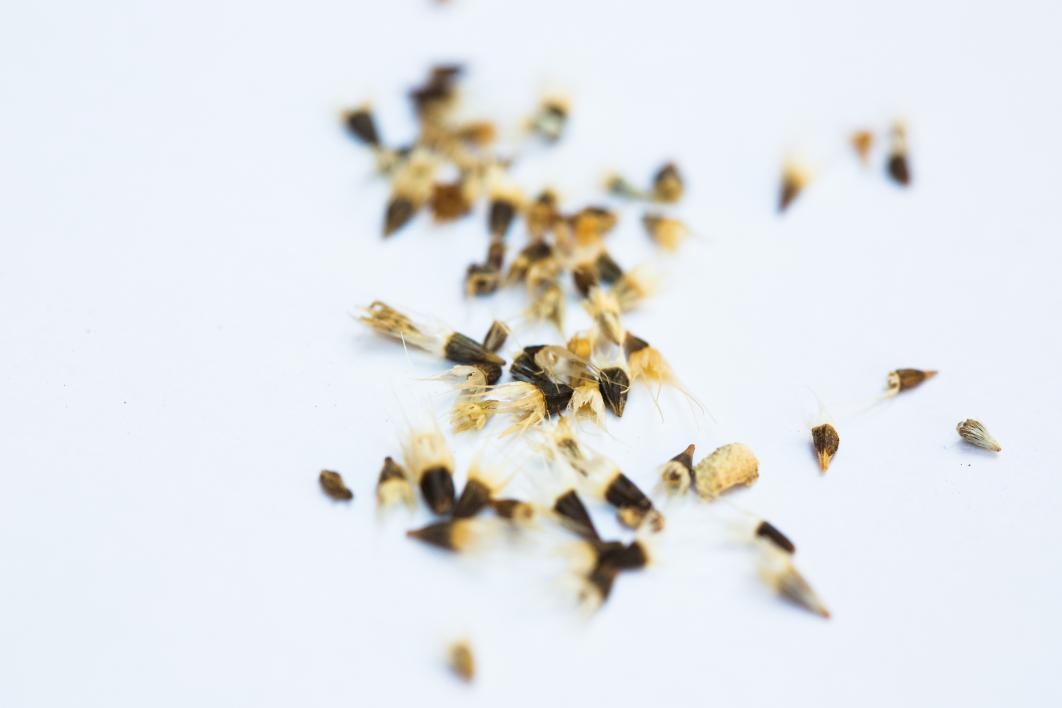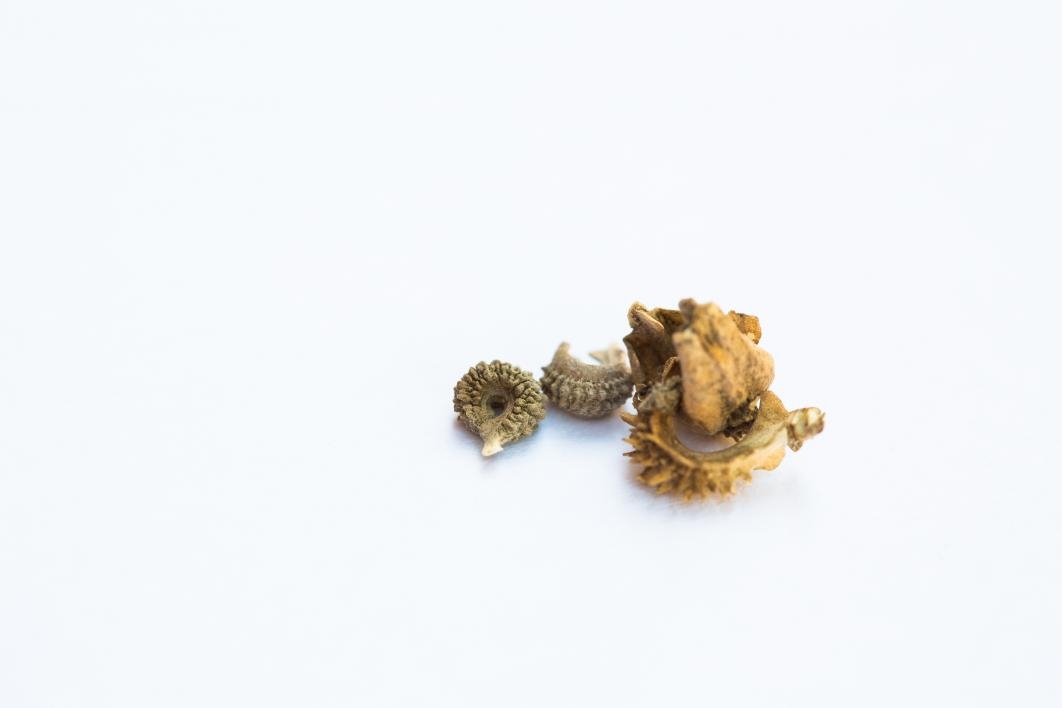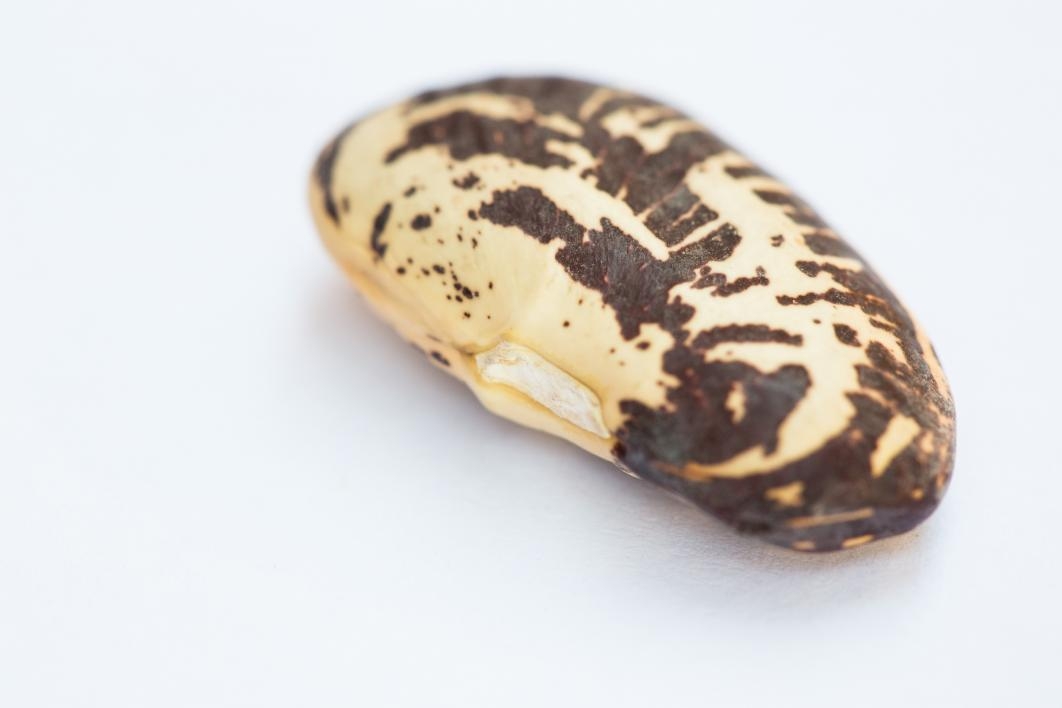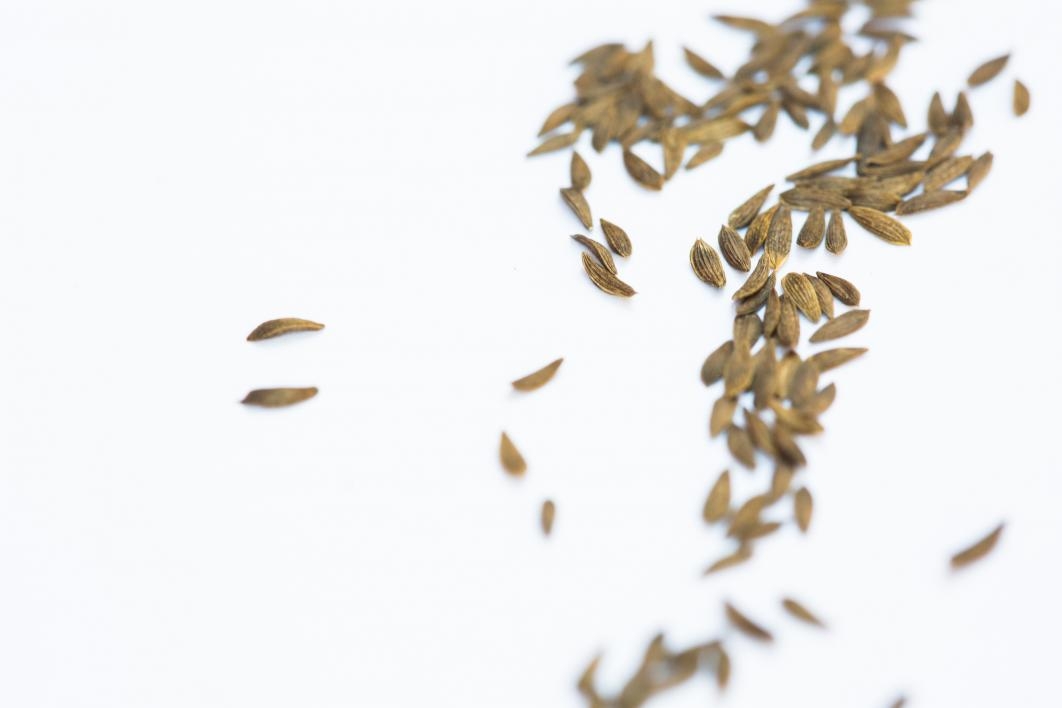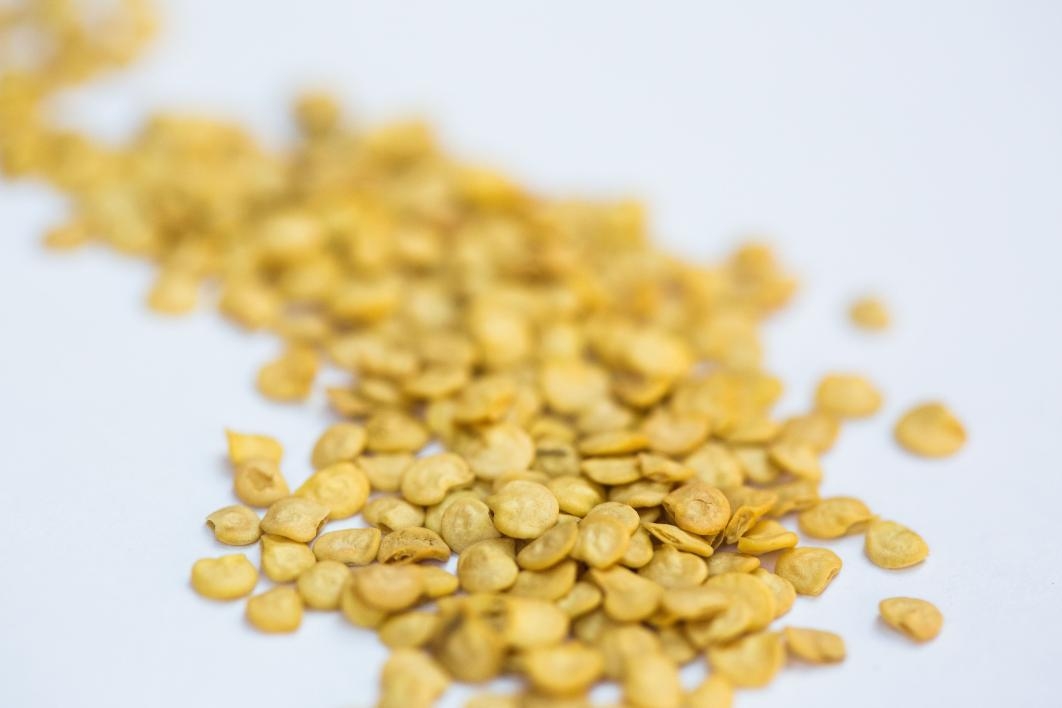Planting seeds of change
ASU librarian who runs university's free seed library helps organize 'Defend Our Food' panel to help people rethink their view of food
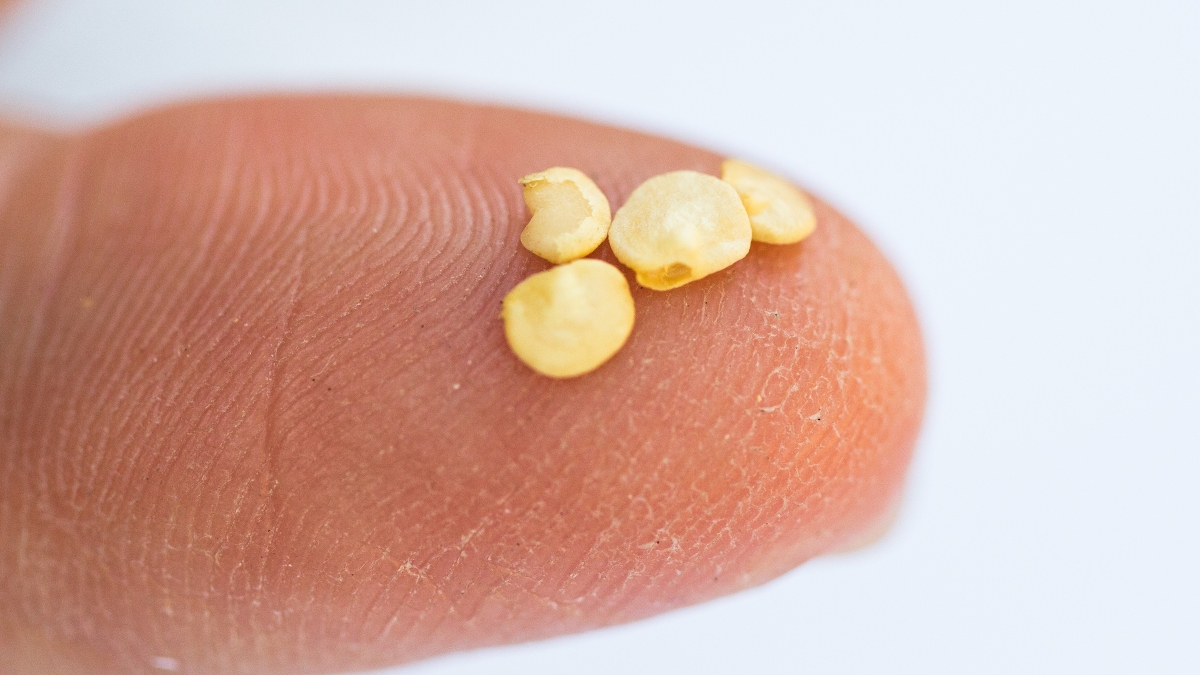
How does one eat part of a mesquite tree or a cactus?
That’s the question that one panelist will be addressing at the Nov. 7 “Defend Our Food” panel at Arizona State University, focusing on how to ensure diversity in our food and access to it in the future.
“The Sonoran Desert really is a massive grocery store of stuff,” said Melissa Kruse-Peeples, an educator with Native Seeds/SEARCHNative Seeds/SEARCH is a nonprofit that, according to its mission statement, “seeks to find, protect, and preserve the seeds of the people of the Greater Southwest so that these arid adapted crops may benefit all peoples and nourish a changing world.” and an ASU alumna. “Where campus is, is ancient farm land and people have been growing food along the Salt River for nearly 4,000 years, and many of those same varieties still exist today.”
Kruse-Peeples will be one of four panelists talking about everything from urban agriculture to climate adaption of crops. Other panelists are Kenny Barrett, owner and manager of the Roosevelt Growhouse, and Netra Chhetri and Christopher Wharton of ASU's Food Systems Transformation Initiative. ASU Library, the School for the Future of Innovation in Society and Defend Our Future, a nonprofit focused on environmental defense, helped organize the panel.
For Rene Tanner, Noble Science Library life sciences librarian and unofficial keeper of ASU’s first seed library, organizing the panel was an opportunity to connect experts with those students interested in change.
“It’s not like we’re going to put our capes on and figure out how to solve this whole thing,” said Tanner, “but there are things that we can do that improve the world, improve our health and improve local communities.”
Tanner started the seed library — which officially began in 2014 — as a way to make it easier and affordable for students and staff to start their own gardens.
“I thought it would be a really nice thing to bring here to ASU because we have students who are doing gardening, and there are gardening clubs on campus,” she said. “This was a way for them to get seeds for free, and if they have a bountiful harvest they can bring seeds back — but I’m really focused on providing seeds so people can grow things.”
At any given time, the seed library contains dozens of varieties that are ready to go into the ground immediately. Tanner keeps it updated to what’s in season, including pollinators, vegetables and some fruits.
She keeps the seed library in her office; those interested should email her at Rene.Tanner@asu.edu to set up a time to visit.
One of the library’s most regular users? The Barrett Sustainability Club for its members and for any Barrett student that uses the honors college’s rooftop garden. Global health sophomore Syeda Umar is one of these students, using the seeds in her family’s garden plots in South Phoenix.
“The area of Phoenix that we’re in is a food desert,” said Umar as she shares pictures of her knee-high corn on her phone. “I wanted to know where the food that I’m getting is coming from because I’m growing it.”
Umar and other club members have compiled a list of seeds the club will collect for spring 2018 planting since the garden is currently dormant. The list contains more than 25 seed varieties, from snow peas to spinach to sunflowers.
“We’re hoping to encourage a love of gardening as a pastime and a connection with nature for the students because it’s a really great stress reliever,” Umar said.
Librarian Tanner hopes the panel will help connect interested students like Umar with experts so they can ask questions and decide how they will use and grow food in the future.
For Kruse-Peeples, who graduated from ASU in 2013 after researching the agricultural processes of ancient Arizona, value lies in revisiting the past.
“All people were farmers and gatherers and were very connected to their food, but today very few people have any idea of how the food actually gets to your plate,” she said. “So we’re sort of relearning what has really been a part of our history of who we are as humans for most of our existence.”
‘Defend Our Food’
What: Lunch and conversation with local food experts to learn about how to make local agriculture and community and home gardening part of your life.
When: noon-2 p.m. Tuesday, Nov. 7.
Where: Hayden Library, room C55, Tempe campus.
Details: Free. Garden seeds from ASU’s seed library will also be available. Find more information, as well as how to RSVP, on ASU Events.
Top photo: Jalapeño seeds on a fingertip. Photo by Deanna Dent/ASU Now
More Health and medicine
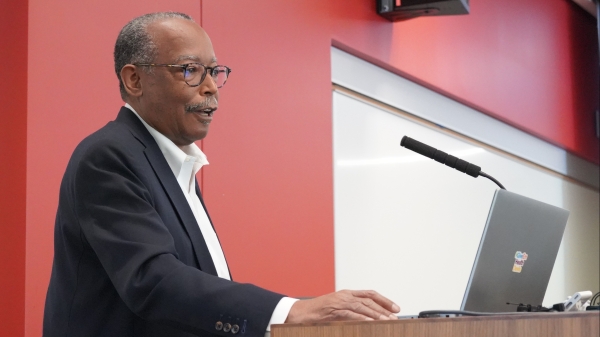
College of Health Solutions hosts visit from leading expert in genomic research
Some fortunate Arizona State University faculty, staff and students were able to gain valuable insights and perspective during a visit by one of the country’s leading figures in health and scientific…
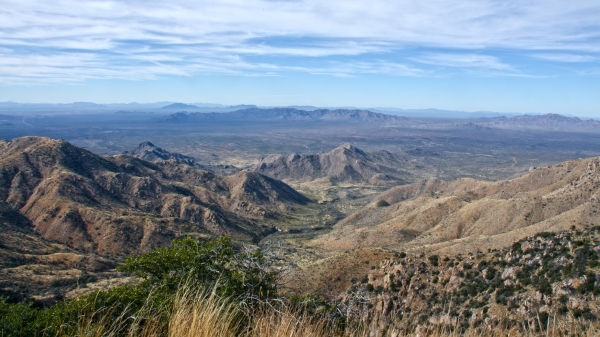
Indigenous ASU research team recommends assistance for tribal members still reeling from COVID-19’s effects
When Matt Ignacio’s tribe, the Tohono O’odham Nation, donated $1 million to Arizona State University to support COVID-19 research, he applied for some of the money to understand and report any…
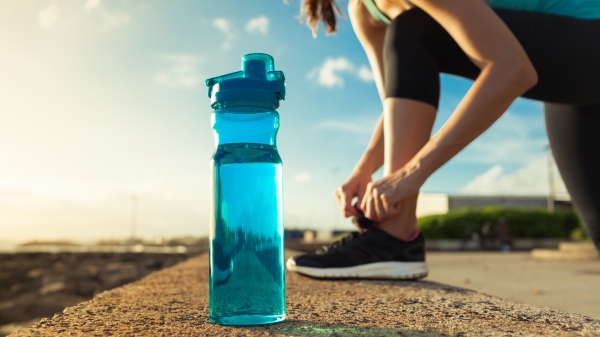
Tips for staying hydrated during Pat's Run and other outdoor activities
By Aidan Hansen Staying hydrated and listening to your body during outdoor exercise activities is crucial to one's health and safety, especially in warm climates. And with the average daytime high…
